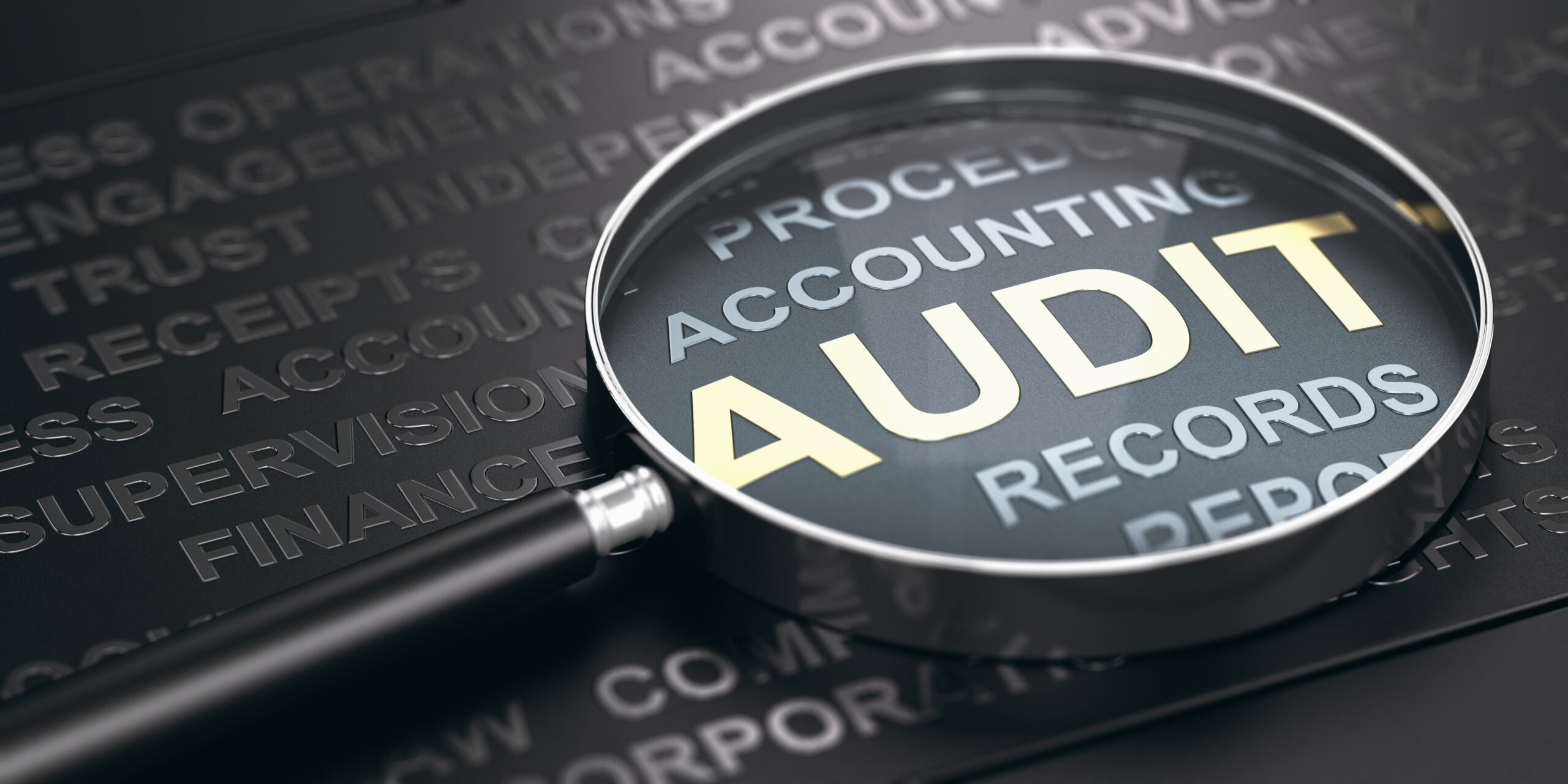In today's data-driven business landscape, organizations rely heavily on analytics to make critical decisions, optimize operations…
Insurance Company Audit Insurance: Essential Protection for Financial Service Providers
Insurance companies face unique operational challenges that require specialized coverage beyond standard commercial policies. One critical area of protection that's often overlooked is audit insurance, which provides essential coverage for the complex audit processes that insurance companies must undergo regularly.
What is Insurance Company Audit Insurance?
Insurance Company Audit Insurance is a specialized professional indemnity policy designed specifically for insurance companies to protect against claims arising from audit-related activities. This coverage addresses the unique risks that insurance companies face when conducting internal audits, regulatory compliance reviews, and external audit processes required by regulatory bodies.
Unlike standard professional indemnity insurance, audit insurance for insurance companies is tailored to address the specific regulatory environment and complex financial structures that characterize the insurance industry. It provides protection against claims that may arise from audit recommendations, compliance assessments, and regulatory reporting requirements.
Why Do Insurance Companies Need Specialized Audit Insurance?
Insurance companies operate in one of the most heavily regulated industries in the UK. The Financial Conduct Authority (FCA) and Prudential Regulation Authority (PRA) impose strict requirements for regular audits, compliance reviews, and financial reporting. These regulatory requirements create unique exposure to claims that standard insurance policies may not adequately cover.
The complexity of insurance company operations, including underwriting processes, claims management, investment portfolios, and reserve calculations, requires specialized audit expertise. When audit processes identify issues or make recommendations that later prove problematic, the insurance company may face significant financial consequences and regulatory penalties.
Key Coverage Areas
Regulatory Compliance Audits
Insurance companies must undergo regular regulatory compliance audits to ensure adherence to FCA and PRA requirements. Audit insurance provides protection when compliance audit findings lead to regulatory action or third-party claims.
Financial Statement Audits
The complex financial structures of insurance companies, including technical reserves, reinsurance arrangements, and investment valuations, require specialized audit expertise. Coverage extends to claims arising from financial statement audit processes.
Internal Audit Functions
Many insurance companies maintain internal audit departments that review operational processes, risk management procedures, and compliance systems. Audit insurance protects against claims arising from internal audit recommendations or oversights.
Solvency II Compliance
The Solvency II regulatory framework requires extensive audit and validation processes for capital adequacy, risk management, and governance structures. Specialized coverage addresses the unique risks associated with these requirements.
Cyber Security Audits
With increasing regulatory focus on cyber security, insurance companies must conduct regular cyber security audits. Coverage extends to claims arising from cyber security audit recommendations or identified vulnerabilities.
Industry-Specific Risks
Insurance companies face several unique audit-related risks that require specialized coverage:
Regulatory Considerations
The UK insurance regulatory environment creates specific audit requirements that must be addressed through specialized coverage:
Coverage Benefits
Financial Protection
Audit insurance provides financial protection against claims, regulatory fines, and defense costs arising from audit-related activities. This includes coverage for errors and omissions in audit processes, inadequate audit recommendations, and failure to identify material issues.
Regulatory Defense
The policy includes coverage for regulatory defense costs when audit findings lead to regulatory investigations or enforcement actions. This is particularly important given the significant penalties that can be imposed by UK financial regulators.
Professional Reputation Protection
Claims arising from audit issues can significantly damage an insurance company's professional reputation. The policy includes coverage for crisis management and reputation protection services.
Business Continuity Support
When audit-related claims threaten business operations, the policy provides support for business continuity measures and operational recovery costs.
Choosing the Right Coverage
When selecting audit insurance for an insurance company, several factors should be considered:
- Coverage Limits: Given the potential scale of losses in the insurance industry, adequate coverage limits are essential. Consider both per-claim and aggregate limits.
- Regulatory Coverage: Ensure the policy specifically addresses regulatory risks and includes coverage for regulatory defense costs and fines where legally permissible.
- Retroactive Coverage: Consider retroactive coverage for audit work completed before the policy inception date, as claims may arise years after audit completion.
- Extended Reporting Period: Include provisions for extended reporting periods to ensure coverage continues after policy expiration for work completed during the policy period.
- Specialist Insurers: Work with insurers who understand the unique risks faced by insurance companies and can provide tailored coverage solutions.
Claims Examples
Understanding potential claim scenarios helps illustrate the importance of specialized audit insurance:
Best Practices for Risk Management
While audit insurance provides essential protection, implementing strong risk management practices can help minimize exposure:
- Qualified Personnel: Ensure audit teams have appropriate qualifications and experience in insurance industry requirements.
- Regular Training: Provide ongoing training on regulatory requirements and industry best practices.
- Quality Assurance: Implement robust quality assurance processes for all audit activities.
- Documentation: Maintain comprehensive documentation of audit processes and findings.
- External Expertise: Consider engaging external specialists for complex or high-risk audit areas.
The Claims Process
When a claim arises, the audit insurance claims process typically involves:
- Immediate Notification: Notify insurers immediately upon becoming aware of any potential claim or circumstance that could lead to a claim.
- Documentation Gathering: Compile all relevant documentation related to the audit work in question.
- Legal Representation: The insurer will typically appoint legal representation to defend the claim.
- Settlement Negotiations: Work with insurers and legal counsel to achieve the best possible outcome.
- Regulatory Liaison: Coordinate with regulators when claims involve regulatory issues.
Cost Considerations
The cost of audit insurance for insurance companies varies based on several factors:
- Company Size: Larger insurance companies typically face higher premiums due to increased exposure.
- Business Lines: Companies writing complex lines of business may face higher premiums.
- Claims History: Previous claims experience significantly impacts premium calculations.
- Risk Management: Strong risk management practices can help reduce premium costs.
- Coverage Limits: Higher coverage limits result in increased premiums.
Future Regulatory Developments
The regulatory environment for insurance companies continues to evolve, creating new audit requirements and potential exposures:
Conclusion
Insurance Company Audit Insurance represents a critical component of risk management for insurance companies operating in the UK's complex regulatory environment. The specialized nature of insurance company operations, combined with extensive regulatory requirements, creates unique audit-related exposures that require tailored insurance solutions.
By understanding the specific risks faced by insurance companies and implementing comprehensive audit insurance coverage, insurance companies can protect themselves against the significant financial and regulatory consequences that can arise from audit-related claims. Working with experienced insurance brokers who understand the unique needs of the insurance industry ensures that coverage is properly structured to address these specialized risks.
The investment in specialized audit insurance not only provides financial protection but also demonstrates to regulators and stakeholders that the company takes its audit responsibilities seriously and has appropriate risk management measures in place.


 0330 127 2333
0330 127 2333
























